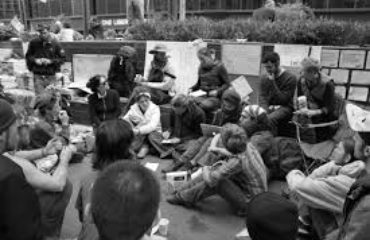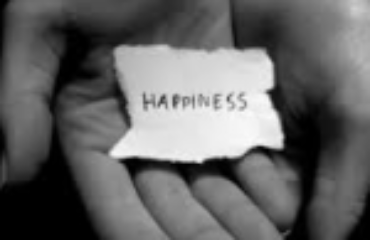1) What can one do to deal with the aftermath of an event like the one that occurred at the Boston Marathon?
The most important thing to do is to believe that there is a way in which to prevent things like this from happening. Our culture has gotten a little too accustomed to believing that there is no way to stop it, that the world has gotten crazy, and that there is no turning back to a time of peace and sanity. If that is the belief held, that is the path we will be on.
Americans are an amazing, resilient people. However, we are a mix of the world with millions of people undocumented, living in the shadows either because they are here illegally and they feel the need to hide or they are mentally challenged and they have learned to hide, they have been cast out in some manner. In both instances, we have a huge number of people who are the disenfranchised.
Who is taking care of them?
When a community becomes a collection of people who no longer know who one another are, anonymity becomes the norm and it is the enemy. It is our familiar connection with one another that gives life depth, meaning, and beauty. For those who feel isolated and disconnected, there is fear and there is anger. These are the people who fantasize a revenge against those who appear happy and protected by those who love them. The events of Boston send the message that no one is safe.
Indeed. However, this is only true if we allow people to be in the shadows. The time has arrived to turn back the hands of time, to slow the pace, to know our neighbors, our kids, our communities. Think — of all the ways that every neighborhood was once its own enclave of neighbors who knew one another. Envision a country where that is once again the norm. Expand that notion so that no one is left out to fester their agony and then express it with mass destruction.
2) How can one deal with the emotions that arise?
It is important to understand that our emotions are prompted by our thoughts, as immediate as they may be. For the benefit of our sanity on both an individual and collective level, it is essential to be mindful about the power of our thoughts and our emotions. To be real is critical. To be mindful of the impact on others is equally important. Now is not the time to allow yourself to feel hopeless, it is the time to believe that we need to bring humanity together and create a powerful change.
3) What is best to do before, after, and during a tragedy?
Allow a moment to express your true emotional response and then just as swiftly, talk about solutions that are productive. Don’t sit and talk the morose, the hopeless, the negative, the despair — focus on what can be done to make this a better country, a more loving and attentive nation of people.
4) What are some techniques that one can use to help them move forward?
Allow yourself the moment to feel the agony of the reality and then release it so that you have room to become focused on solutions. Calm your mind with a core belief in peace and positive and powerful love that human beings have the ability to own and share with one another. Envision the country united and as a group of Americans, no colors preceding the term American, no religion preceding the term American, no ethnicity preceding the term American. We come together as one people. Let’s recite the US Constitution and the Declaration of Independence out loud – together and embrace it.
5) How can someone get to the point of forgiving the tragedy and how long does this normally take?
There are certain things for which it is absurd to apply the notion of forgiveness. To understand why something awful has been done is helpful but there is a reality of a necessary punishment for the crime that takes place. The intentional slaughter of human beings is not forgivable, not anywhere across a lifetime, not in the hearts of genuine people.



